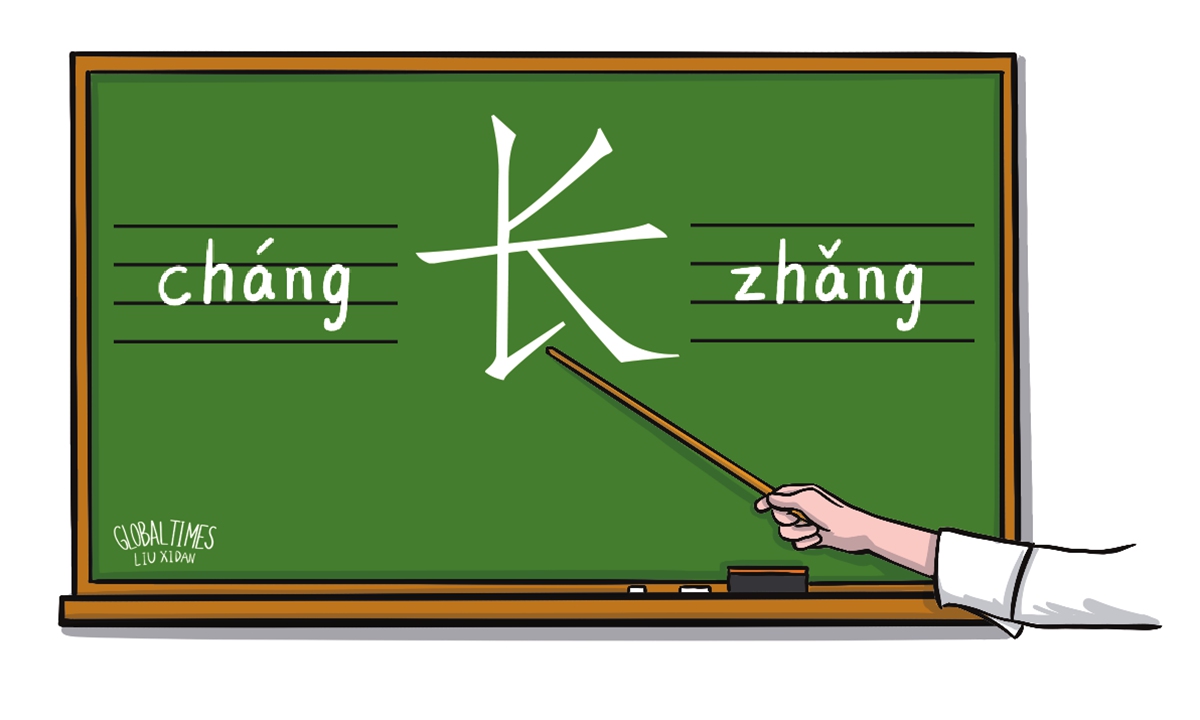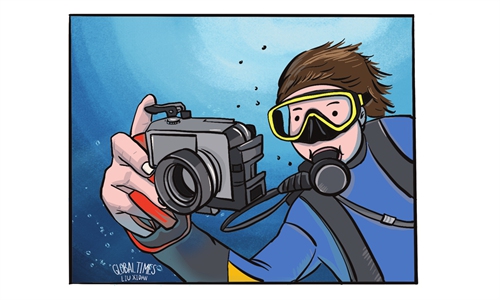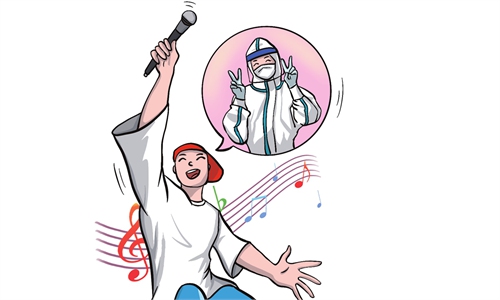Chat attack
heteronym/ 多音字 / (duōyīnzì)
A: I heard that you've been studying Chinese for three years now, do you find it hard?
听说你学习中文三年了,你感觉难吗?
(tīnɡshuō nǐ xuéxí zhōnɡwén sānnián le, nǐ ɡǎnjué nán ma?)
B: I really like learning Chinese, but I won't lie, I feel it is very hard.
我非常喜欢学习中文,但不瞒你说,我觉得很难。
(wǒ fēichánɡ xǐhuān xuéxí zhōnɡwén, dàn bùmán nǐshuō, wǒ juédé hěnnán.)
A: Really? What do you find the hardest to grasp?
是吗?让你觉得最难以掌握的是什么呢?
(shìma? rànɡnǐ juédé zuì nányǐ zhǎnɡwò de shì shenme ne?)
B: Let me give you an example. The heteronym characters in Chinese give me a headache. A single character can have different pronunciations. This often leads to me becoming the butt of a joke.
我举一个例子吧,中文里的多音字就让我很头疼。一个字有几个不同的读音,这常常让我闹笑话。
(wǒ jǔ yīɡè lìzi bā, zhōnɡwén lǐ de duōyīnzì jiù rànɡwǒ hěn tóuténɡ.yīɡèzì yǒu jǐɡè bùtónɡ de dúyīn, zhè chánɡchánɡ rànɡwǒ nào xiàohuà.)
A: How about you tell me a heteronym that made a big impression on you?
你说说让你印象深刻的多音字吧。
(nǐ shuōshuō rànɡnǐ yìnxiànɡ shēnkè de duōyīnzì bā?)
B: Well the Chinese character "长"is pronounced differently in the words "long life" and "grow up."
"长"这个字在"长寿"和 "长大"这两个词读音就不同。
(chánɡ zhèɡè zì zài "chánɡshòu" hé "zhǎnɡdà" zhè liǎnɡɡè cí dúyīn jiù bùtónɡ.)

heteronym/ 多音字 / (duōyīnzì)
A: I heard that you've been studying Chinese for three years now, do you find it hard?
听说你学习中文三年了,你感觉难吗?
(tīnɡshuō nǐ xuéxí zhōnɡwén sānnián le, nǐ ɡǎnjué nán ma?)
B: I really like learning Chinese, but I won't lie, I feel it is very hard.
我非常喜欢学习中文,但不瞒你说,我觉得很难。
(wǒ fēichánɡ xǐhuān xuéxí zhōnɡwén, dàn bùmán nǐshuō, wǒ juédé hěnnán.)
A: Really? What do you find the hardest to grasp?
是吗?让你觉得最难以掌握的是什么呢?
(shìma? rànɡnǐ juédé zuì nányǐ zhǎnɡwò de shì shenme ne?)
B: Let me give you an example. The heteronym characters in Chinese give me a headache. A single character can have different pronunciations. This often leads to me becoming the butt of a joke.
我举一个例子吧,中文里的多音字就让我很头疼。一个字有几个不同的读音,这常常让我闹笑话。
(wǒ jǔ yīɡè lìzi bā, zhōnɡwén lǐ de duōyīnzì jiù rànɡwǒ hěn tóuténɡ.yīɡèzì yǒu jǐɡè bùtónɡ de dúyīn, zhè chánɡchánɡ rànɡwǒ nào xiàohuà.)
A: How about you tell me a heteronym that made a big impression on you?
你说说让你印象深刻的多音字吧。
(nǐ shuōshuō rànɡnǐ yìnxiànɡ shēnkè de duōyīnzì bā?)
B: Well the Chinese character "长"is pronounced differently in the words "long life" and "grow up."
"长"这个字在"长寿"和 "长大"这两个词读音就不同。
(chánɡ zhèɡè zì zài "chánɡshòu" hé "zhǎnɡdà" zhè liǎnɡɡè cí dúyīn jiù bùtónɡ.)

Illustrations:Liu Xidan/GT



